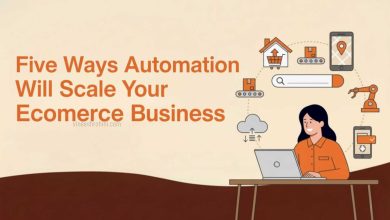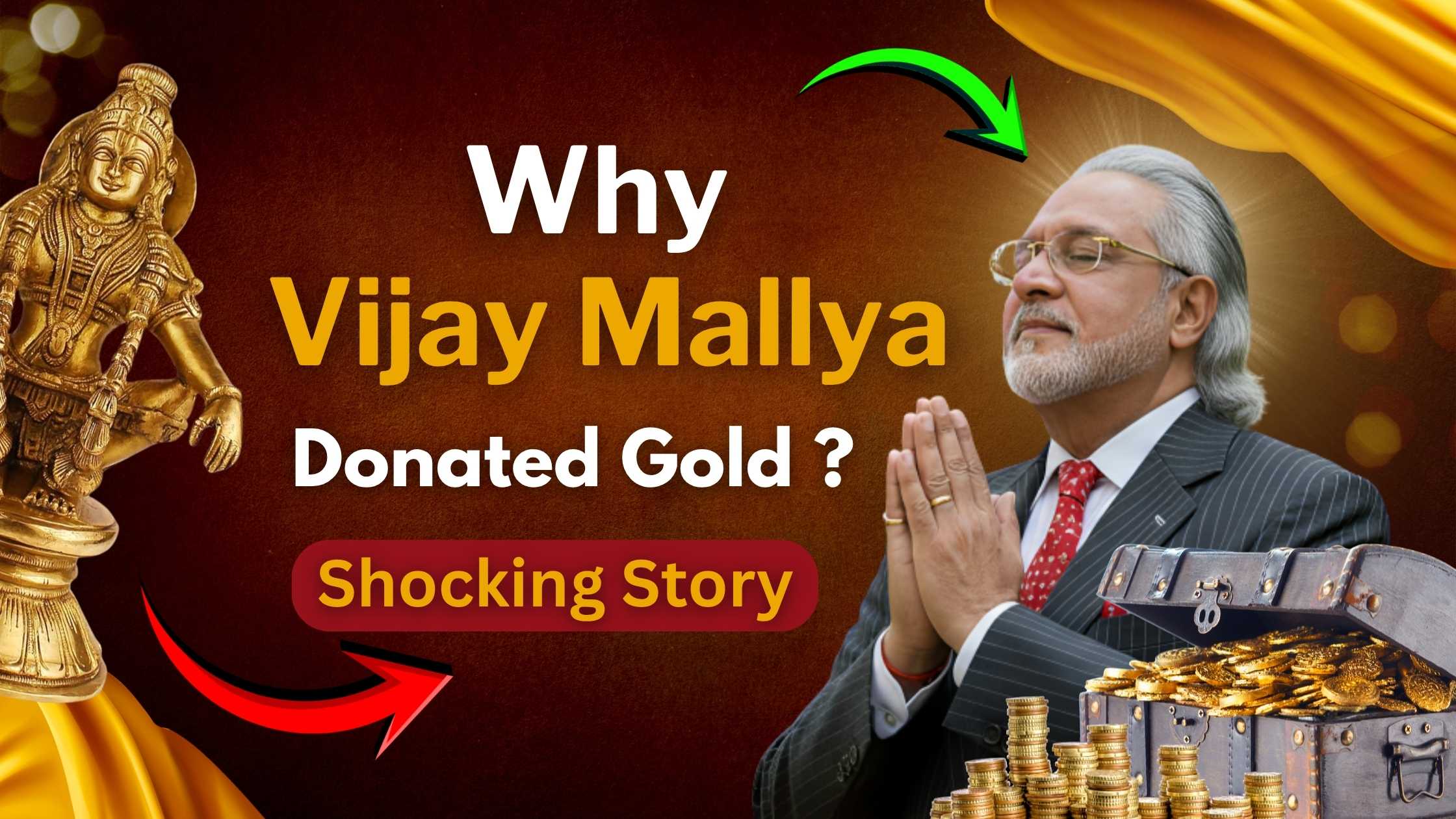How to Offer EMI Options on Your Online Store : Comprehensive Guide 2025
EMI Options on Your Online Store : In the modern digital commerce landscape, offering convenient payment options is a game-changer for ecommerce businesses. Among the most effective methods to boost online sales in 2025 is enabling Equated Monthly Installments (EMIs). As consumer behavior leans toward flexibility and affordability, EMI payments empower buyers to purchase high-value items without straining their finances.
Table of Contents
This comprehensive guide will take you through everything you need to know about how to offer EMI options on your online store—from understanding how EMI works, benefits for merchants and customers, technical integration, payment gateway partners, marketing strategies, and legal considerations.
📌 What Are EMI Payment Options?

EMI (Equated Monthly Installment) is a financial mechanism that allows customers to break down the total cost of a product into monthly payments over a predetermined tenure. Rather than paying the entire amount upfront, customers can pay in smaller, manageable chunks—either with or without interest, depending on the financing model.
Also Read : Ecommerce Vs Traditional Business
In ecommerce, offering EMI options is increasingly seen as a strategic move to increase conversions, especially for high-ticket products like electronics, appliances, furniture, and even fashion or jewelry.
💡 Why EMI Is Crucial for Ecommerce in 2025?
1. Changing Consumer Behavior
Customers in 2025 are more price-conscious and prefer financial flexibility. EMI offers affordability, convenience, and instant gratification.
2. Increased Conversion Rate
Shoppers who hesitate to buy due to price may convert when EMI options are available.
3. Higher Average Order Value (AOV)
EMIs enable upselling and cross-selling by making expensive combos or upgrades more affordable.
4. Reduced Cart Abandonment
By removing the upfront price barrier, EMI options reduce abandoned carts significantly.
5. Competitive Advantage
Offering EMI enhances your store’s credibility and makes it stand out in the crowded ecommerce space.
🛒 Types of EMI Options You Can Offer
There are different ways to provide EMI options to customers on your online store:
✅ 1. Credit Card EMI
Banks partner with ecommerce platforms and payment gateways to offer EMIs on credit card purchases. The EMI is billed on the customer’s credit card and repaid in monthly installments.
Popular Banks: HDFC, ICICI, SBI, Axis, Kotak, Standard Chartered
Tenure: 3 to 24 months
Interest: 0% or Bank’s standard rate
✅ 2. Debit Card EMI
Some banks allow EMIs on select debit cards, using pre-approved limits.
Popular Banks: SBI, HDFC, Axis Bank
Eligibility: Based on spending pattern and account history
✅ 3. Consumer Loan EMI
This is where NBFCs or fintech lenders (like ZestMoney, Simpl, LazyPay) offer EMI loans at checkout, often requiring no credit card.
Key Players: ZestMoney, Cashe, Flexmoney, Capital Float, PayU, KreditBee
✅ 4. Buy Now Pay Later (BNPL)
BNPL is a short-term credit that splits payments into 3 or 4 interest-free installments.
Examples: Simpl, LazyPay, ePayLater
✅ 5. No-Cost EMI
This allows the customer to pay the price of the product without additional interest charges. The interest is either borne by the seller or the payment processor.
Best for: High-margin products or festive offers
🧾 Benefits of Offering EMI Options on Your Online Store
🎯 For Merchants:
- Increased sales volume and AOV
- Better customer retention
- Higher conversion rates
- Competitive market positioning
- Enhanced customer trust
🎯 For Customers:
- Purchase affordability
- Access to premium products
- Flexible repayment
- Budget-friendly shopping
🛠️ How to Offer EMI on Your Online Store – Step-by-Step Guide
Step 1: Choose the Right Payment Gateway
To integrate EMI options, you need a payment gateway that supports credit/debit card EMI and consumer finance.
🔝 Top Payment Gateways in India (2025) Supporting EMI:
- Razorpay
- Paytm Payment Gateway
- Cashfree
- PayU India
- CCAvenue
- Stripe India
Check for:
- EMI on multiple banks
- No-cost EMI support
- BNPL integration
- Easy integration with your ecommerce platform
Step 2: Partner with Lenders or Fintech Companies
If you’re targeting non-credit card customers, tie up with consumer finance companies:
- ZestMoney
- LazyPay
- Simpl
- KreditBee
- Flexmoney
- ePayLater
These partners will assess the customer’s creditworthiness during checkout and offer instant EMI options.
Step 3: Integrate EMI Plugin with Your Ecommerce Platform
Depending on your CMS (e.g., Shopify, WooCommerce, Magento, Wix), you can install EMI plugins or customize the checkout experience.
Example:
For Shopify:
- Use Razorpay’s Shopify plugin
- Activate EMI options under payment settings
For WooCommerce:
- Install EMI plugins like Razorpay WooCommerce or PayU India plugin
- Enable EMI banks from settings
For Magento:
- Use built-in extensions
- Integrate custom BNPL APIs
Step 4: Highlight EMI Options on Product Pages
Add EMI availability directly on:
- Product detail page
- Price section
- Cart page
- Checkout page
Display key details like:
- “No Cost EMI available”
- “EMI from ₹499/month”
- “Available on HDFC/ICICI Credit Cards”
This increases transparency and encourages buyers.
Step 5: Configure No-Cost EMI (Optional)
If you want to offer No-Cost EMI, you can:
- Bear the interest cost as a merchant subsidy
- Adjust the price margin to absorb financing charges
Discuss pricing structures with your payment gateway provider or NBFC partner to implement this.
📊 EMI Eligibility & Approval Process

Most EMI offerings work based on:
- Credit card eligibility
- Pre-approved debit card offers
- KYC verification for BNPL and NBFCs
- Minimum purchase amount (usually ₹3,000 to ₹5,000)
- Loan approval time (instant to 5 minutes)
The approval process is automated at checkout, ensuring a seamless user experience.
📈 How EMI Boosts Ecommerce Metrics
🛍️ 1. Higher Order Value
Shoppers are likely to spend 20–40% more when EMI is available.
🛒 2. Better Conversion Rates
EMI reduces pricing friction, making hesitant shoppers convert faster.
💸 3. Lower Return Rates
Customers who commit to monthly payments are less likely to cancel or return purchases.
🎯 4. Increased Customer Lifetime Value (CLTV)
Customers who find convenient EMI services are more likely to return for future purchases.
📢 Marketing EMI on Your Online Store
Marketing EMI options is as important as enabling them.
✅ 1. Use EMI Banners
Display “EMI Available” or “Pay in Easy Monthly Installments” on homepage sliders, product pages, and checkout.
✅ 2. Festive Campaigns
Run targeted Diwali, Christmas, or Republic Day campaigns offering No-Cost EMI.
✅ 3. Social Media Promotions
Highlight EMI offers in carousel ads, reels, and influencer partnerships.
✅ 4. Email Campaigns
Send personalized emails offering EMI options based on browsing or cart data.
✅ 5. Google Shopping Feed
Use merchant center listings with EMI tag integration to attract high-intent buyers.
🔐 Legal and Compliance Considerations
Before offering EMI, ensure your store complies with:
- RBI Digital Lending Guidelines
- Fair Credit Practices Code
- GST compliance on EMI components
- Proper data protection (as per India’s Digital Personal Data Protection Act, 2023)
Partnering with RBI-registered NBFCs or fintechs ensures compliance and builds credibility.
📑 EMI Terms You Should Disclose Clearly
Transparency builds trust. Clearly show:
- EMI tenure (3, 6, 9, 12, 24 months)
- Interest rate (if any)
- Processing fee
- Total cost of ownership
- Cancellation/refund EMI reversal terms
🧮 Sample EMI Calculation
For a product worth ₹30,000
| EMI Tenure | Interest Rate | Monthly EMI | Total Cost |
|---|---|---|---|
| 3 months | 0% (No Cost) | ₹10,000 | ₹30,000 |
| 6 months | 12% p.a. | ₹5,180 | ₹31,080 |
| 12 months | 14% p.a. | ₹2,725 | ₹32,700 |
This gives buyers options based on their financial capacity.
🧰 Tools to Manage EMI Integration
- EMI Calculator Plugin (Razorpay/PayU)
- BNPL SDKs & APIs (ZestMoney, Simpl)
- WordPress EMI Widgets
- Checkout SDKs for Shopify/WooCommerce
🛍️ Popular Product Categories That Benefit from EMI
- Smartphones
- Laptops & Tablets
- Smart TVs
- Furniture & Mattresses
- Home Appliances
- High-end Fashion
- Jewelry
- Eyewear
- Electric Scooters & Bicycles
- Travel Packages (via travel ecommerce)
🔮 Future of EMI in Ecommerce – 2025 Trends
- AI-driven EMI personalization: Suggest plans based on user profile
- Credit score-free EMI: For first-time borrowers
- Open Credit Enablement Network (OCEN) adoption
- UPI-linked EMI wallets
- Subscription + EMI hybrids for SaaS or products-as-service
As India continues to digitize, EMI and embedded finance will shape the next era of ecommerce growth.
📌EMI Options on Your Online Store – Conclusion

In 2025, offering EMI options on your online store is no longer optional—it’s a strategic necessity. It not only improves user experience but also significantly impacts conversion rates, average order value, and customer loyalty. Whether you’re selling electronics, fashion, or services, integrating EMI solutions from credit cards, BNPL partners, or NBFCs empowers you to capture a broader customer base.
Buy Now : Ecommerce Website
With robust payment gateway support, clear EMI communication, and effective marketing, your store can stand out and drive scalable revenue. Start with the right partners, ensure compliance, and make your checkout experience frictionless.
📢 Disclaimer : This article is intended for educational and informational purposes only. Financial products and partnerships discussed are subject to change. Store owners should verify terms with respective platforms and consult legal advisors for compliance.
Keywords : EMI Options on Your Online Store – EMI Options on Your Online Store 2025 – EMI Options on Your Online Store Guide



